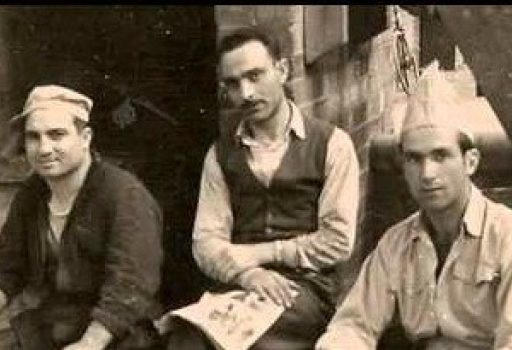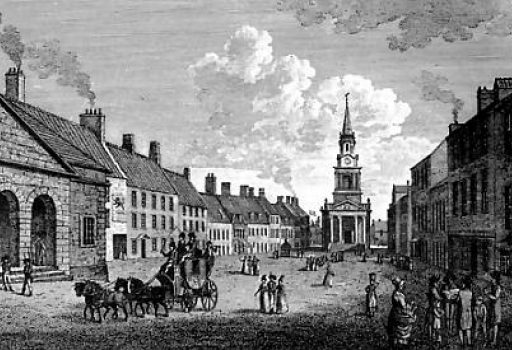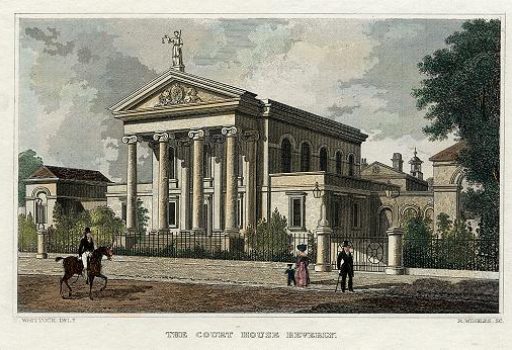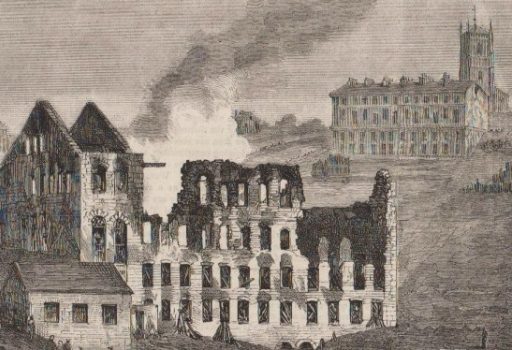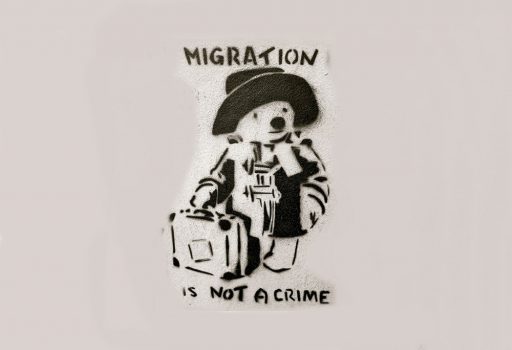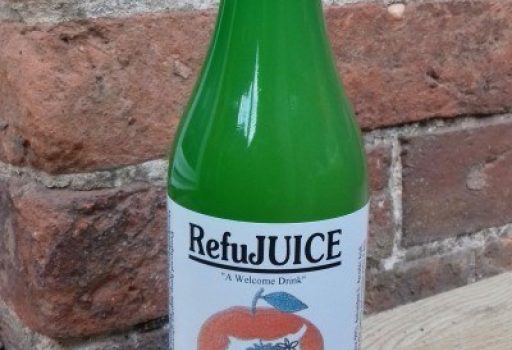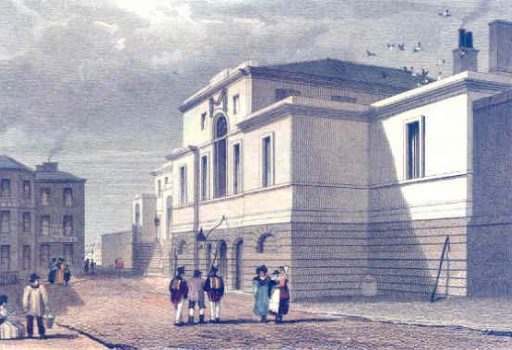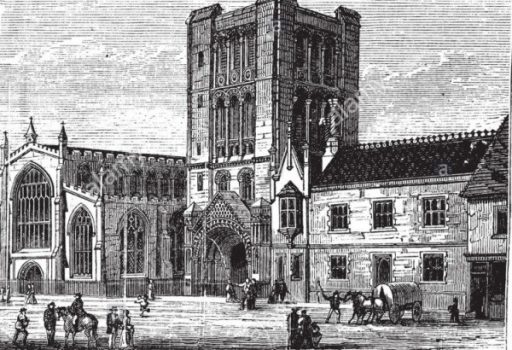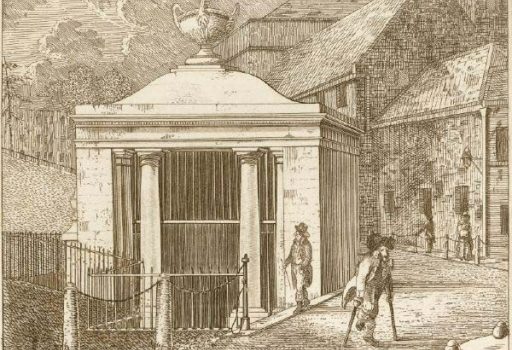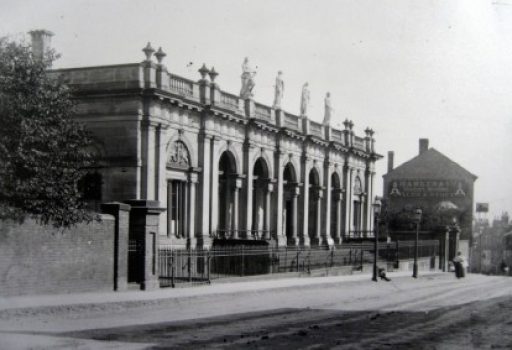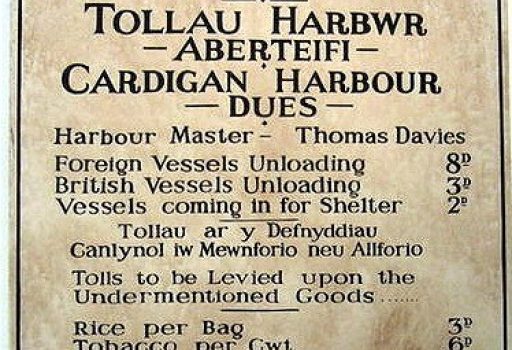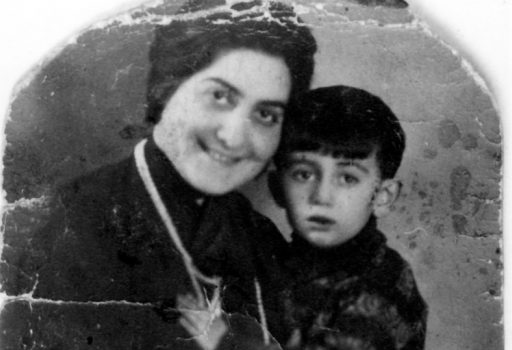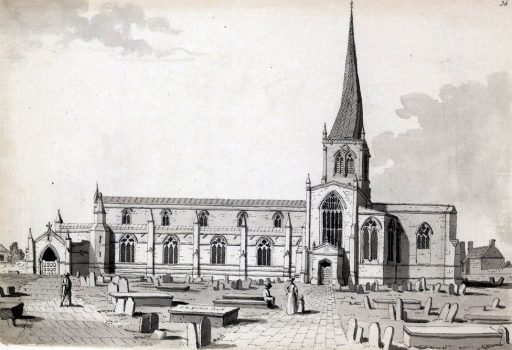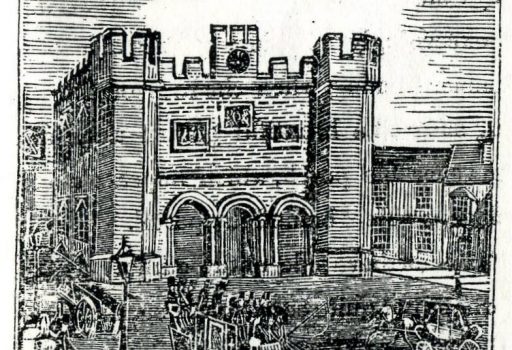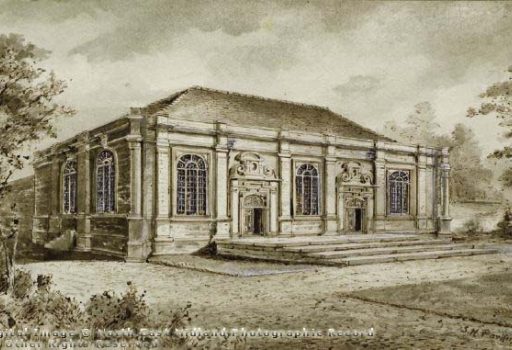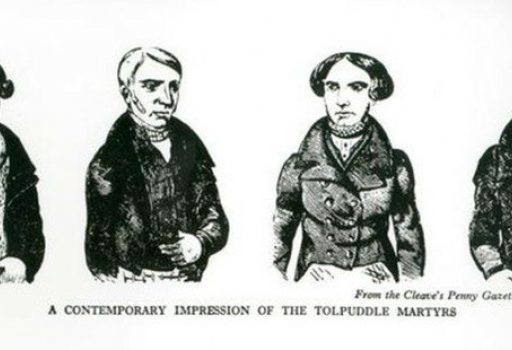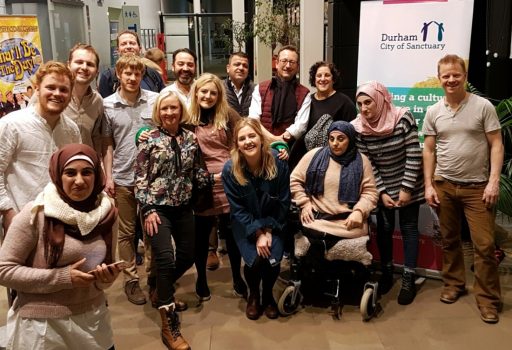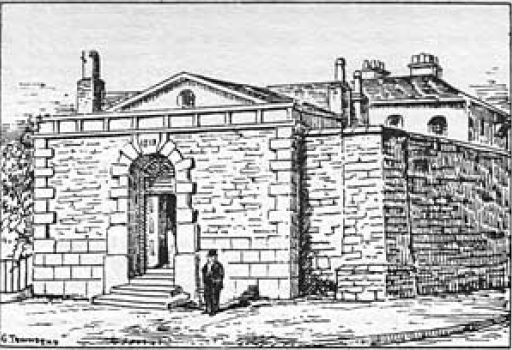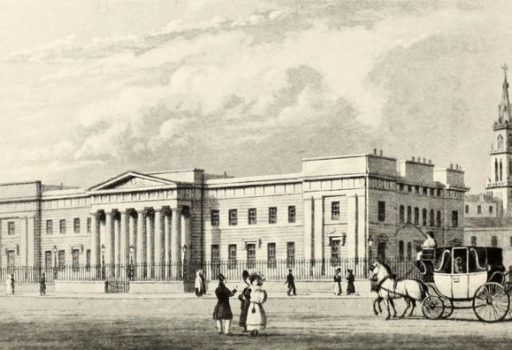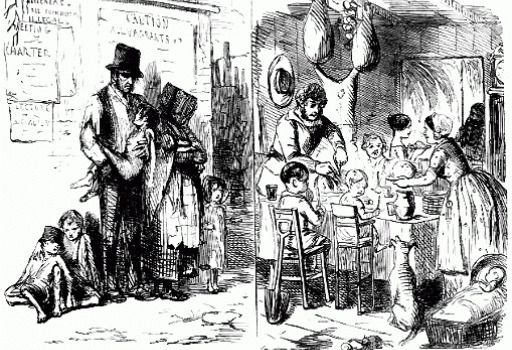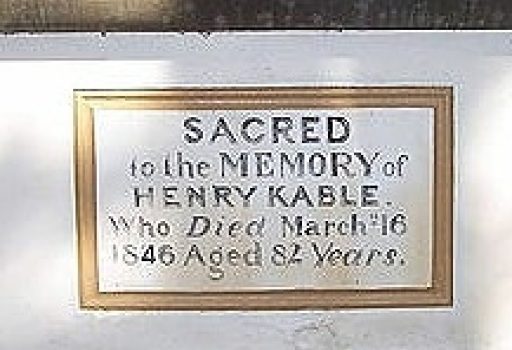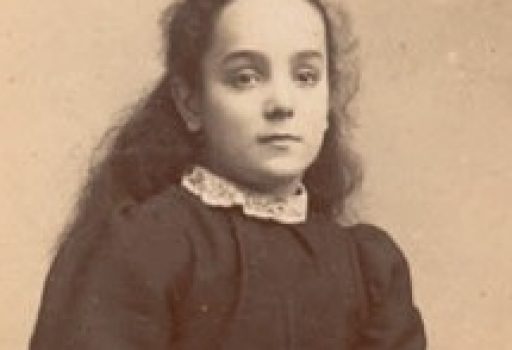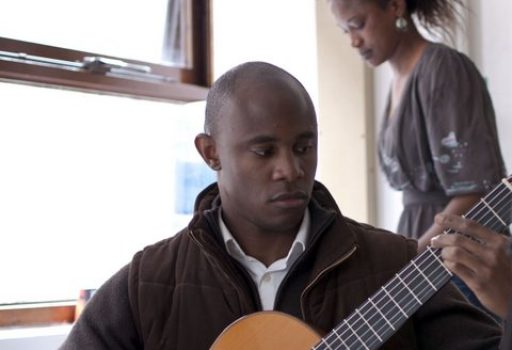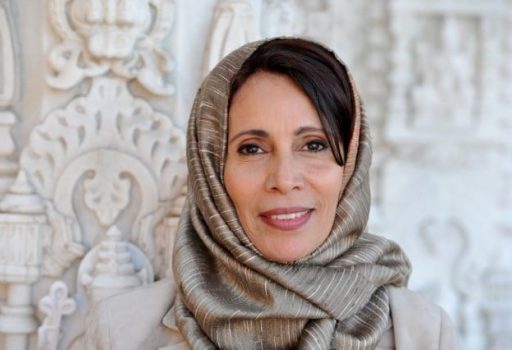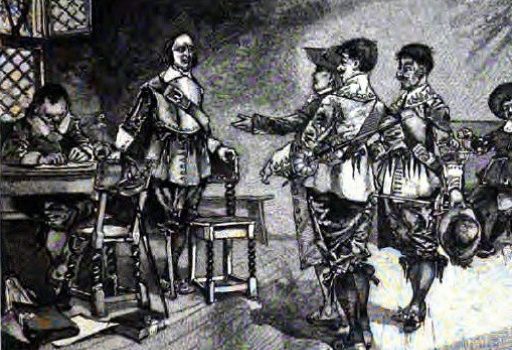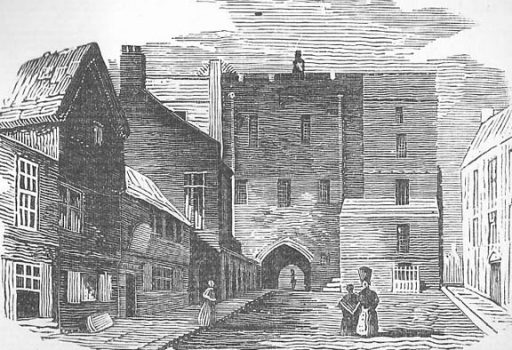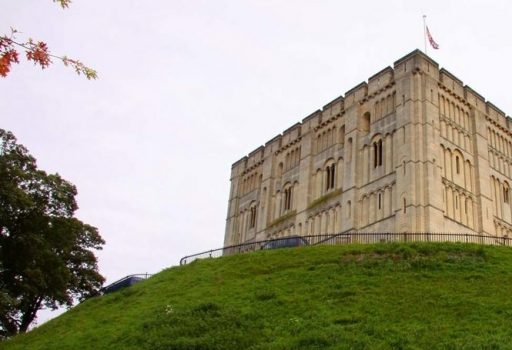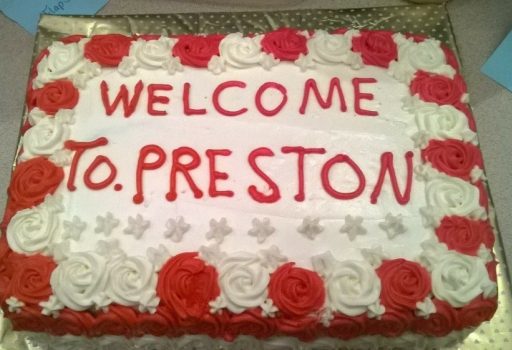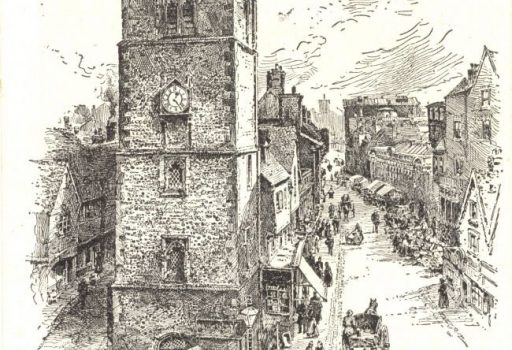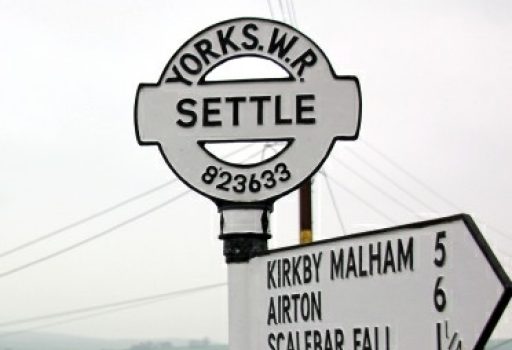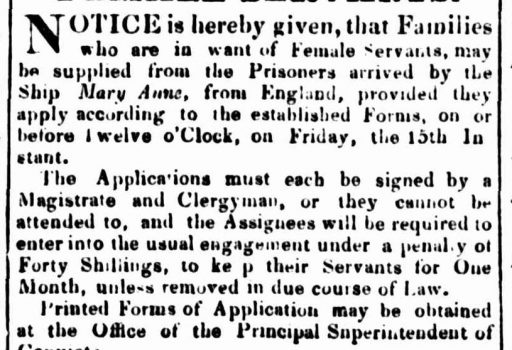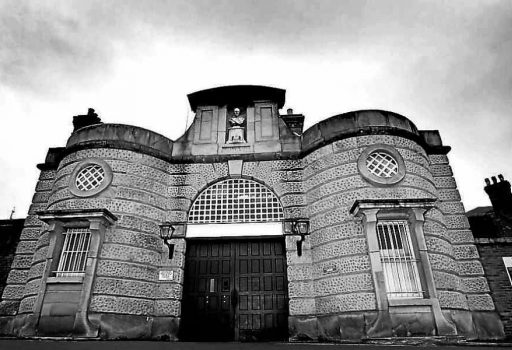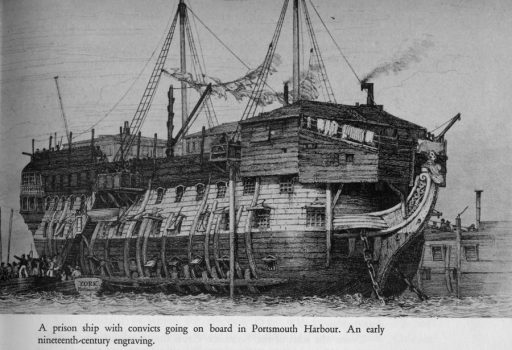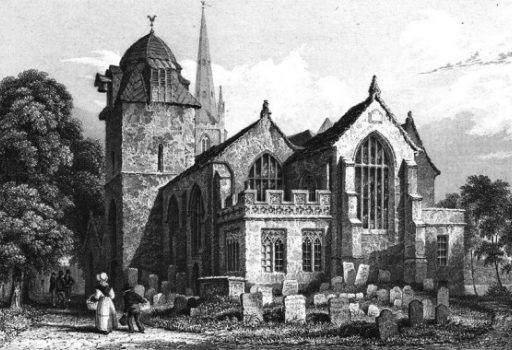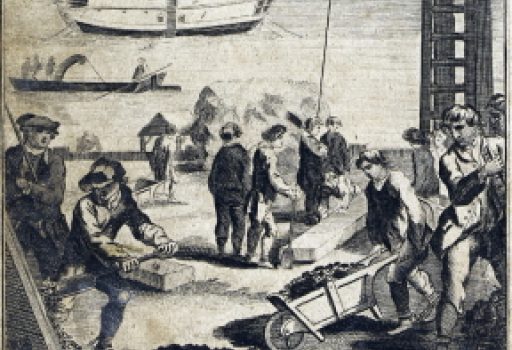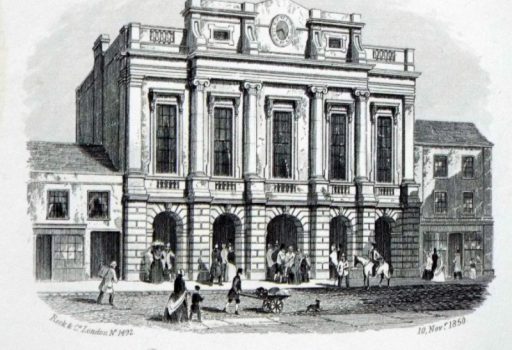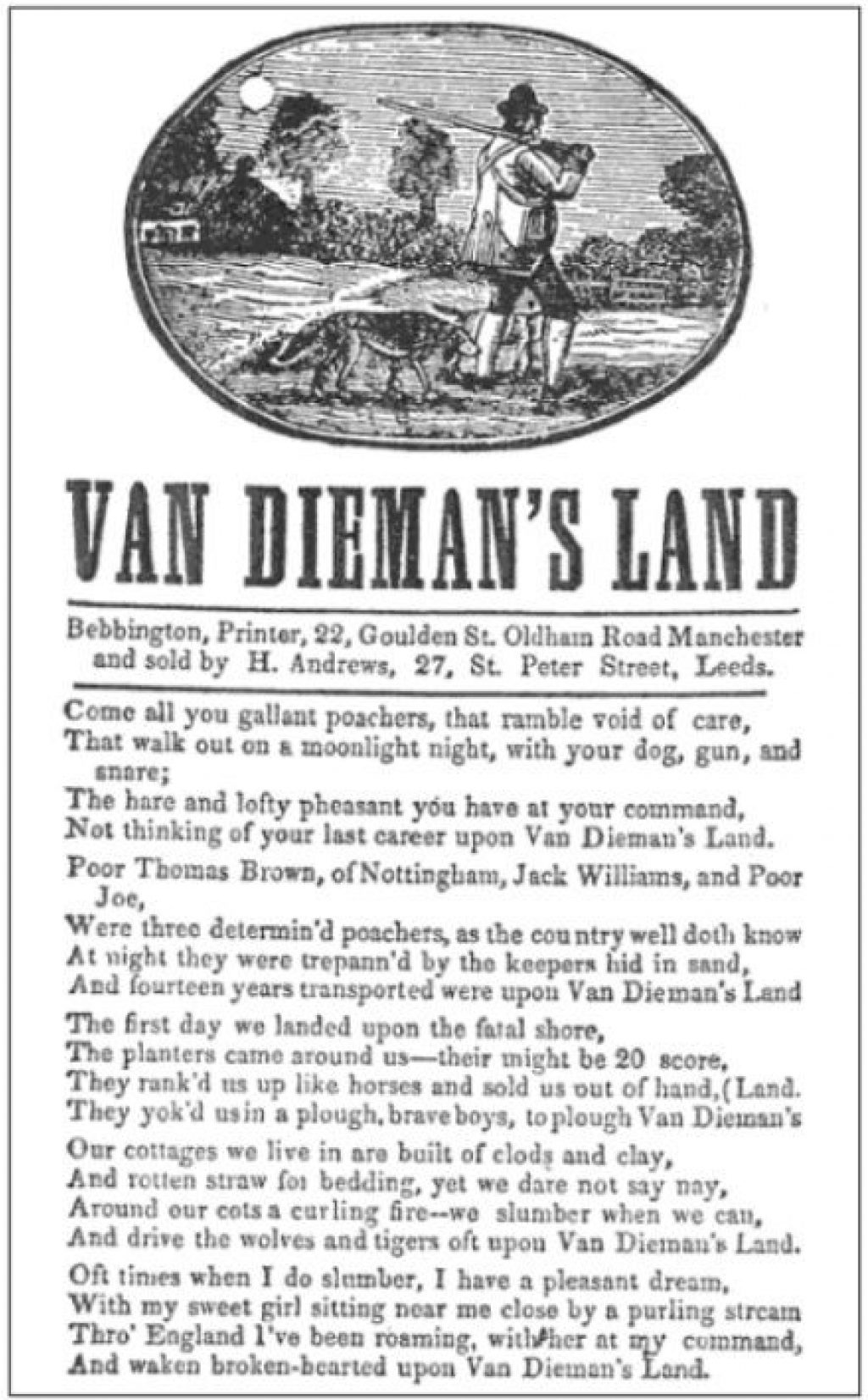
The enclosure of common lands across Britain prompted many skirmishes between the gamekeepers of the wealthy who had grabbed the land and poor folk who relied upon the land for their livelihood. Courts seldom helped those caught ‘poaching’, sentencing most to death, but a few – as this Leeds broadsheet shows – were instead transported to Australia. Van Dieman’s Land was the name then given to Tasmania.
BENJAMIN HODGSON was an eighteen year old sawyer from Leeds who appeared before the Quarter Sessions in 1830 for picking pockets. We don’t know how serious a thief he was, but we do know that he avoided the death sentence – still common then for theft – and was instead transported for seven years. We also know his older brother William had been transported for life three years earlier for highway robbery, while another brother, also called Benjamin, emigrated to America. Benjamin was taken in chains to the Retribution Hulk in Sheerness on the Thames, where he awaited transit across the world. From there he wrote to his parents in Leeds. Once in New South Wales, Benjamin spent six years searching for his brother. He found him, as evidenced by fourteen further letters sent to the parents by the two brothers. Benjamin married, had eight children and died in 1865. Several of his many descendants in Australia have carefully gathered his family details.
Also in 1830, ISABELLA LAWRENCE, a farm servant from Leeds – her parents were married at St Peter Church – was found guilty of stealing a silver coin and sentenced to seven years transportation. She was 21 years old when she arrived in Tasmania.
In 1851 CHARLOTTE PROCTOR was convicted in Leeds of stealing clothes and sentenced to ten years transportation. She arrived in Tasmania aged 20. Within two years she was married to John Spiers, a freed convict. We cannot know the details of their courtship, but there was a strong tradition of the authorities transporting young single women on flimsy pretexts, then advertising them on arrival as effectively ‘comfort brides’.
Our partner in action
Leeds Asylum Seekers’ Support Network (LASSN) was set up in 1999 to respond to the pressing unmet needs of refugees and asylum seekers living in Leeds. Most of the people it works with have experienced acute isolation, mental health issues, language difficulties and immense uncertainty over their asylum claim. Part of its work is to organise Grace Hosting, which links households with a spare room with destitute asylum seekers. Other work includes befriending and mentoring. LASSN aims strongly to empower refugees and asylum seekers, to help them rebuild their lives and fulfil potential. Its English at Home scheme, for example, enables people to gain enough confidence in the early stages of learning English to then study further outside.
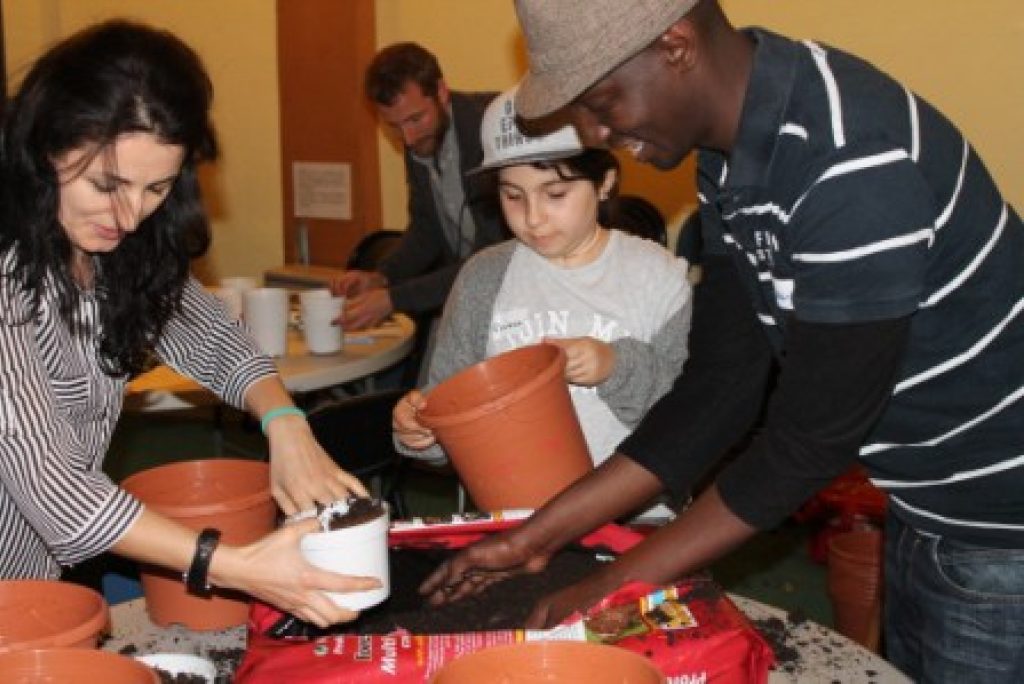
LASSN also works hard to change attitudes. Here is their excellent downloadable guide to media bias in the portrayal of asylum seekers and refugees.
AHMED came to the UK from Eritrea, as an unaccompanied minor. His original claim was unsuccessful so, at the age of 24, he became destitute while waiting to submit a fresh claim. When Ahmed was first referred to Grace Hosting from LASSN, he was new to Leeds and knew nobody. At first he moved around a lot, with hosts accommodating him on a night to night basis. Ahmed found this hard, as he put it “constantly living in survival mode, not knowing if I had a safe place to sleep”. There were times when no hosts were available and Ahmed had to sleep in the bus station. He felt very low and isolated. Since January 2016 Ahmed has been in a longer stay placement with a host. He’s shared how happy and safe he feels in this placement, and has become part of the host’s family. His mental health has improved greatly. Having some stability has helped in making friends and establishing networks. He plays in a football team, volunteers for 3 local charities and the gym. He has gained qualifications as a life guard and gym instructor and is studying maths and English at college. The impact of hosting is much more than providing a roof over someone’s head.
JEAN WHITE was born in Barbados in 1930. She grew up within the sound of the horn of the sugar factory, which started blowing each morning at 6am. After school, she got a scholarship to study in England as a nurse. She started work at St James Hospital in Leeds, where she stayed for 30 years, setting up its mental health section. In 1988 she spent two years in Barbados, then returned to Leeds where, beside the hospital, she worked as a councillor for Roundhay Ward. In 1999 she was, as she described it, the first black person to become Deputy Lord Mayor of the city. You can read more of her life in an archive collected by the Leeds Barbados Association.

